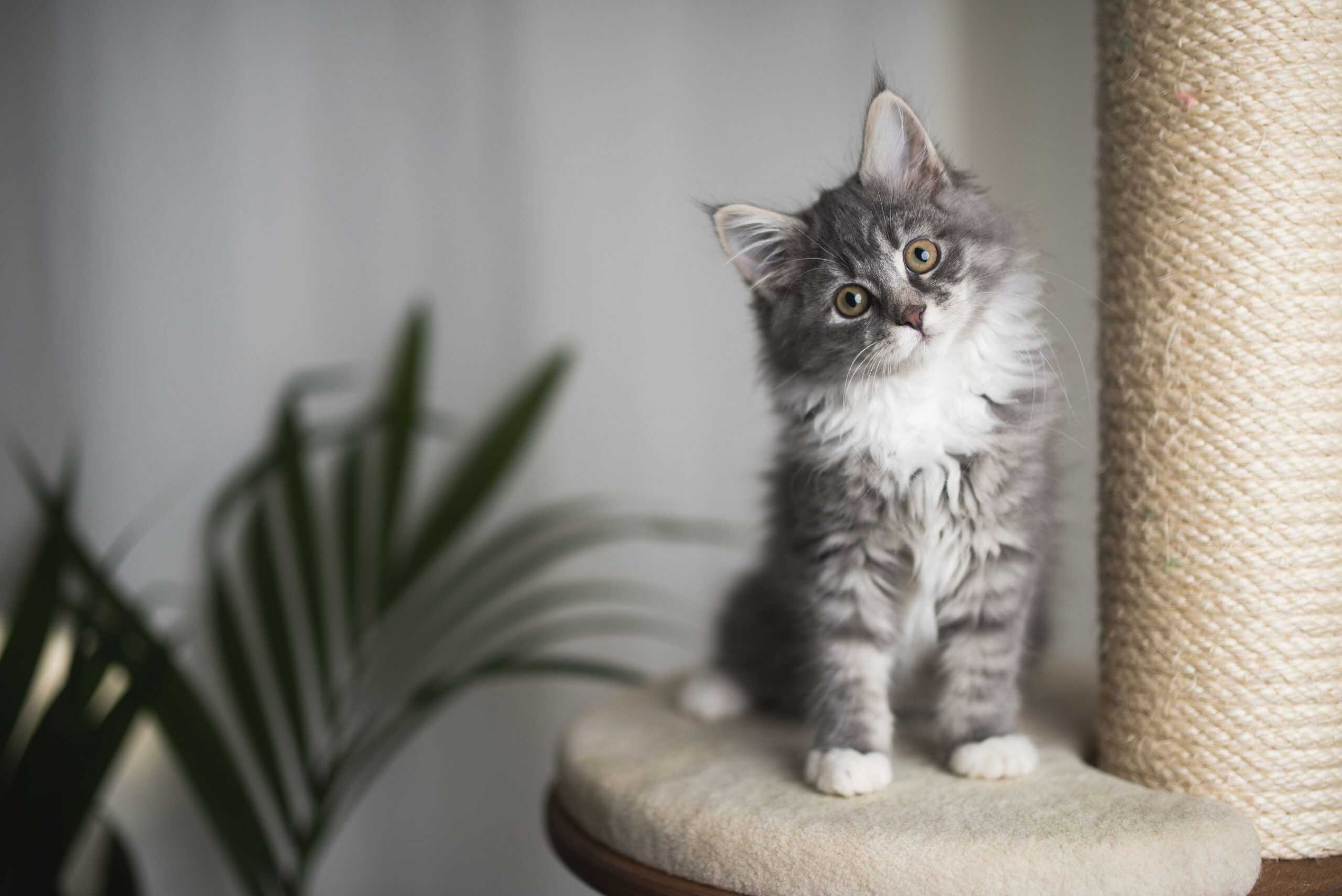Why Would Anyone Spay or Neuter Indoor Cats?

You may have plans to keep your cat inside for their whole life, but cats can have other plans. It may seem unnecessary to spay or neuter indoor cats, considering that they may be at lower risk of having kittens, which is the whole point of the surgery anyway, right? Your team at Animal Medical Hospital & Urgent Care is here to help show how spay and neuter can protect against so much more!
Inside Myths
Indoor cats get stuck with the myth that because they’re inside, they somehow need less medical care. This is especially true when it comes to monthly preventives against flea, tick, and heartworm. If you have ever seen a mosquito in your house, your indoor cat can get heartworm after a single bite. There is no cure for heartworm disease in cats, but prevention is wonderfully protective. Another fantastic protective measure you can take to extend your cat’s life span and improve their well-being, as well as your own, is to spay or neuter indoor cats.
This is Mine, Tell Everybody
Keeping your cat indoors is by far the best choice for their health. This doesn’t mean they will see themselves as any tame house cats, though. Cats are not too far descended from their wild cousins, and their instincts still tell them to mark, mark, mark their territory. This can result in spraying all parts of the house.
What your unneutered cat does not know is that other cats are not going to invade his territory. So he keeps putting up notices to stay out. This can significantly worsen if you have a multi-cat household. Additionally, one of the biggest reasons why cats are put up for adoption is peeing outside the litter box.
Anytime your adult cat stops using the litter box, it’s vital to suspect possible medical causes. If, however, your cat has a history of marking, it can be difficult to tell the difference between a behavioral problem and a medical one.
Peeing all the time because they are not neutered versus randomly spraying out of the blue may be the difference between rolling your eyes and raising an eyebrow.
And if you’ve ever wondered about all the strange sounds coming from your cat, intact males can get especially rowdy and surprisingly loud. They are persistent in their purr-suit to attract a mate, which can include mating calls.
Life For an Indoor Intact Cat
While a lot of their behavior can be irritating for you, life can be downright miserable for a cat who is not neutered and perpetually single. Another unfortunate reality is that intact male cats have been known to make frequent escape attempts. When their hormones take over, this can cause the urge to roam, leaving plenty of cats liable to run out every chance they get. Always make sure your pet’s microchip is up to date!
Female cats have their own problems when they’re not spayed, including pyometra and cystic ovaries, but both sexes can show big improvements in lowered aggression (fewer bites) and being hostile toward other cats.
We recommend spaying or neutering your indoor cat around five to eight months, but all ages should receive this care. We are here to help you with a custom wellness plan through all stages of your cat’s life. Please give us a call at (704) 334-4684 to schedule your next appointment, or with any questions you may have.
